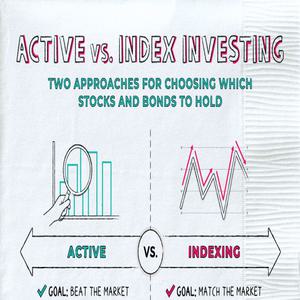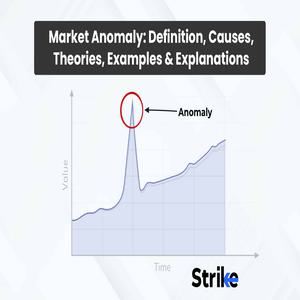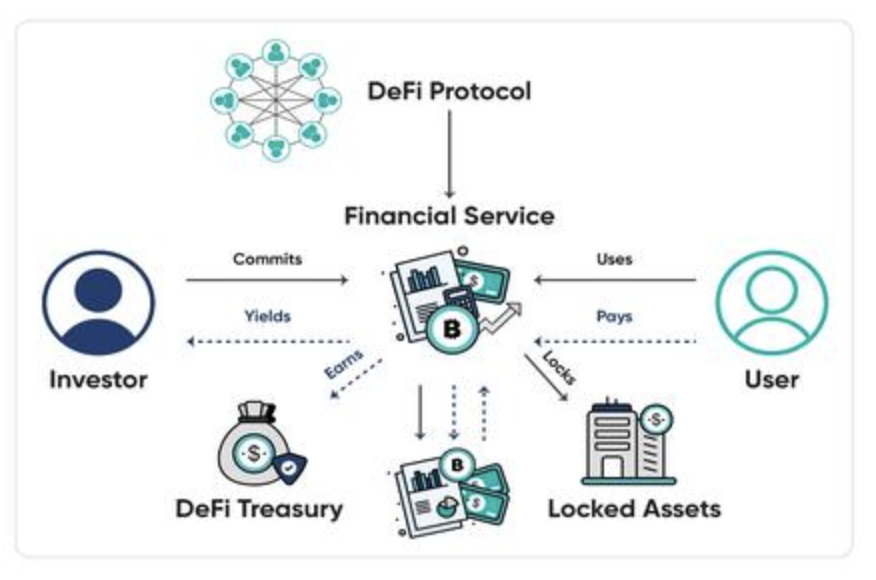For wealthy individuals with ample financial assets, deciding between index funds and active funds is not an easy task. In addition to the common discussions about costs and possible earnings, there are subtle aspects that can affect which choice suits their advanced financial objectives the best.

Understanding Your Investment Persona
High-net-worth investors often possess varied investment styles that extend beyond regular risk categories. Some individuals find excitement in beating the market, motivated by a wish to demonstrate their financial skills. For such investors, active funds are quite attractive. Active fund managers aim to surpass market averages by carefully choosing stocks, timing their market moves, and making thoughtful changes to their portfolios. This proactive strategy has the potential for higher profits, but it also entails greater risks.
Conversely, there are wealthy individuals who focus on security and take a more laid-back approach to investing. They appreciate the consistency and wide market exposure provided by index funds. Index funds simply follow a specific market index, like the S&P 500, reflecting the performance of the stocks within it. This makes them perfect for those who prefer a “set-it-and-forget-it” method, enabling their investments to grow along with the overall market over time.
The Impact of Asset Scale
Individuals who spend significantly usually handle large investment portfolios, and the extent of their assets can influence the discussion between index funds and active funds. When the investment amounts are high, active fund managers may find it tough to allocate capital efficiently. As the fund increases in size, investing in smaller, undervalued companies can become problematic, as it may substantially affect their stock prices. On the other hand, index funds, with their wide-ranging investment strategy, can smoothly manage significant capital inflows without dealing with liquidity issues.

Additionally, investors with high net worth often have particular needs concerning asset allocation. Index funds are ideal for creating a well-diversified core portfolio that spans various sectors and asset types. In contrast, active funds can serve a more tactical role, acting as satellite investments aimed at specific market segments or trends that an investor hopes will perform better in the short to medium term.
Navigating Market Anomalies and Cycles
The decision to choose between index and active funds is influenced by the state of the market. In markets that operate efficiently, where stock prices swiftly reflect all existing information, it is quite challenging for active managers to consistently achieve better results. In such scenarios, index funds perform well, as they capture the market’s average returns without the extra expenses linked to active management.On the other hand, during times of market instability or downturns, active managers might find a chance to showcase their expertise. They can adjust their portfolios, shift between sectors, and even short-sell certain stocks to help safeguard investments and create gains when the overall market is weak. Investors with significant income and a solid grasp of market trends might opt for active funds as a protective measure during these tough periods, while still keeping a primary investment in index funds for long-term growth.

Tax Considerations for High - Earners
Wealthy individuals often encounter substantial tax obligations, and the tax effects of both index and active funds can significantly influence their choices. Typically, index funds have a lower frequency of trades, which results in fewer capital gains distributions. This means that investors, especially those in higher tax brackets, might face reduced tax liabilities. On the other hand, active funds tend to frequently buy and sell securities, leading to a higher likelihood of taxable events.
Nevertheless, some high-net-worth investors may utilize investment structures that offer tax benefits. In these situations, the tax efficiency of index funds may not play as crucial a role, allowing investors to emphasize the potential returns and risk management features of active funds instead.
Ultimately, the choice between index funds and active funds for affluent individuals is a multifaceted decision that necessitates a thorough understanding of their investment objectives, asset size, market dynamics, and tax considerations. By thoughtfully examining these elements, high-net-worth investors can develop a well-rounded investment portfolio that harnesses the advantages of both index and active funds, maximizing returns while managing risk.

Uncertainty Playbook: Gold, Bitcoin, Dollar

Sustainable Investing: How to Align Your Money with Your Principles

Predicting Market Trends with AI: How Accurate Are These Tools?

Investment Basics: Simpler Than You Think

Cash Flow Thinking: Rethinking How to Earn

2025 Crypto: Where Are the Opportunities?

P2P Investing: Unveiling Risks & Rewards
